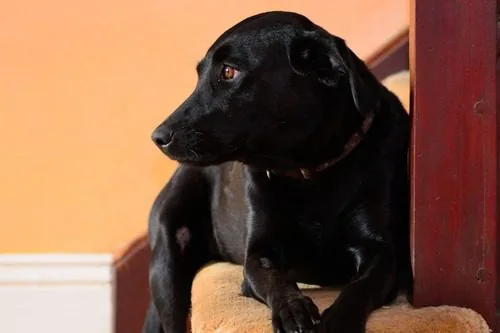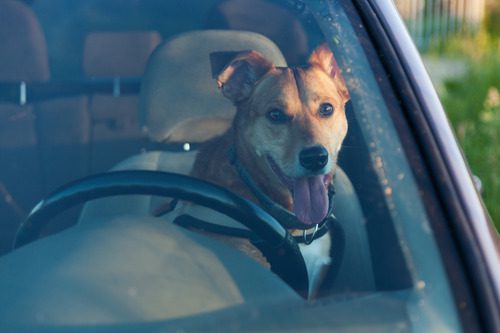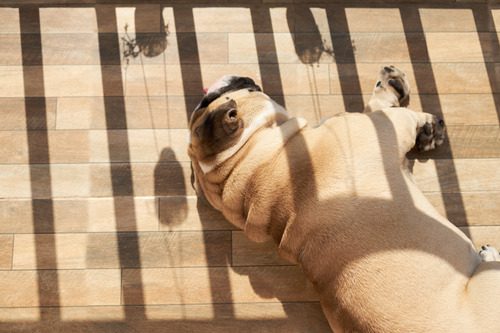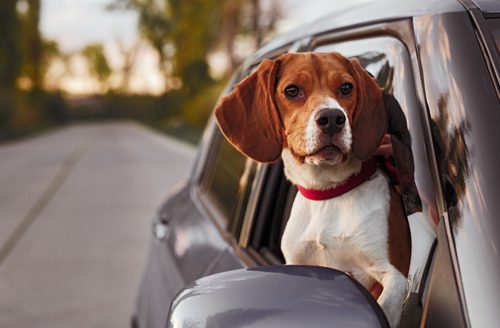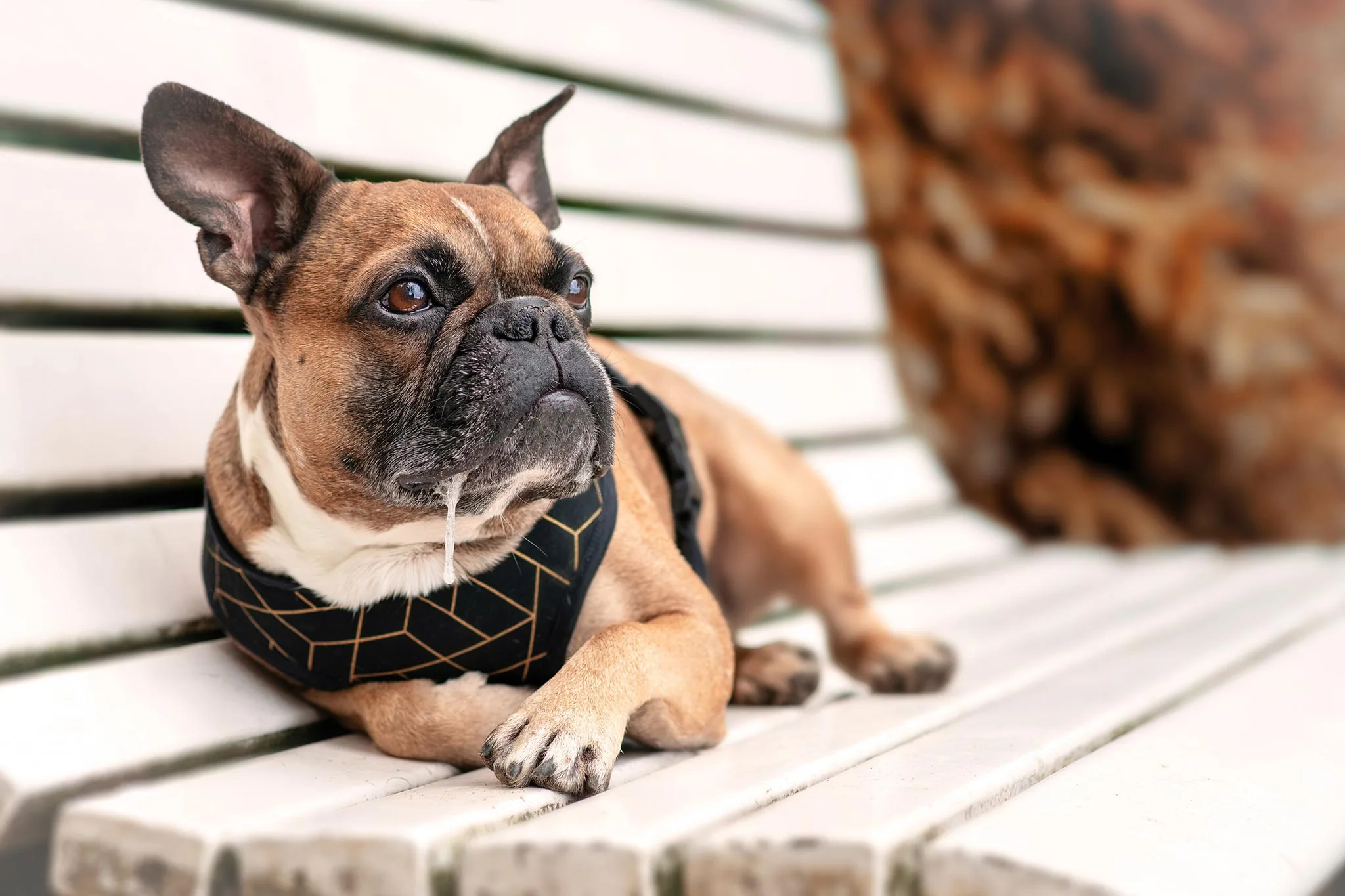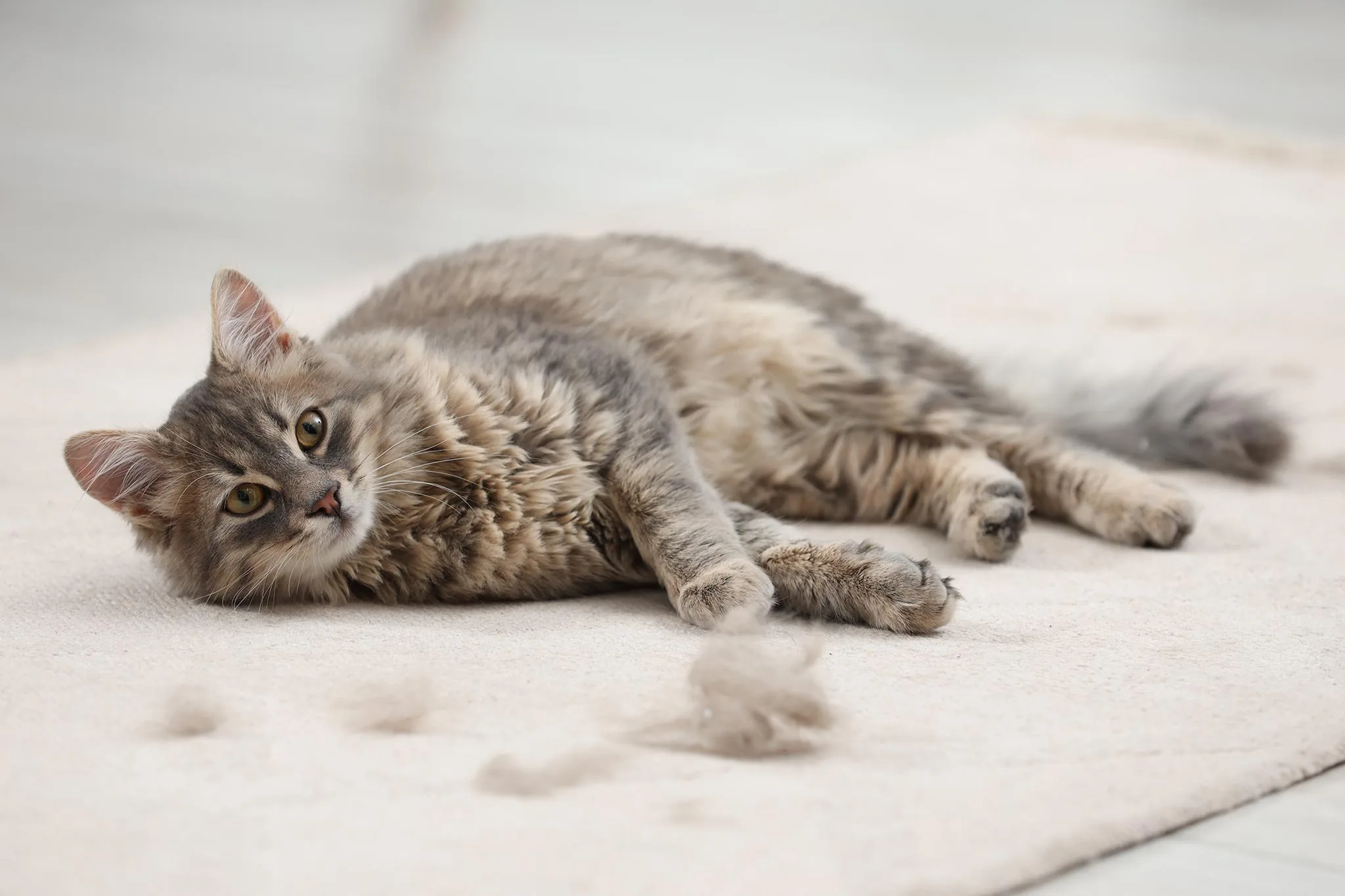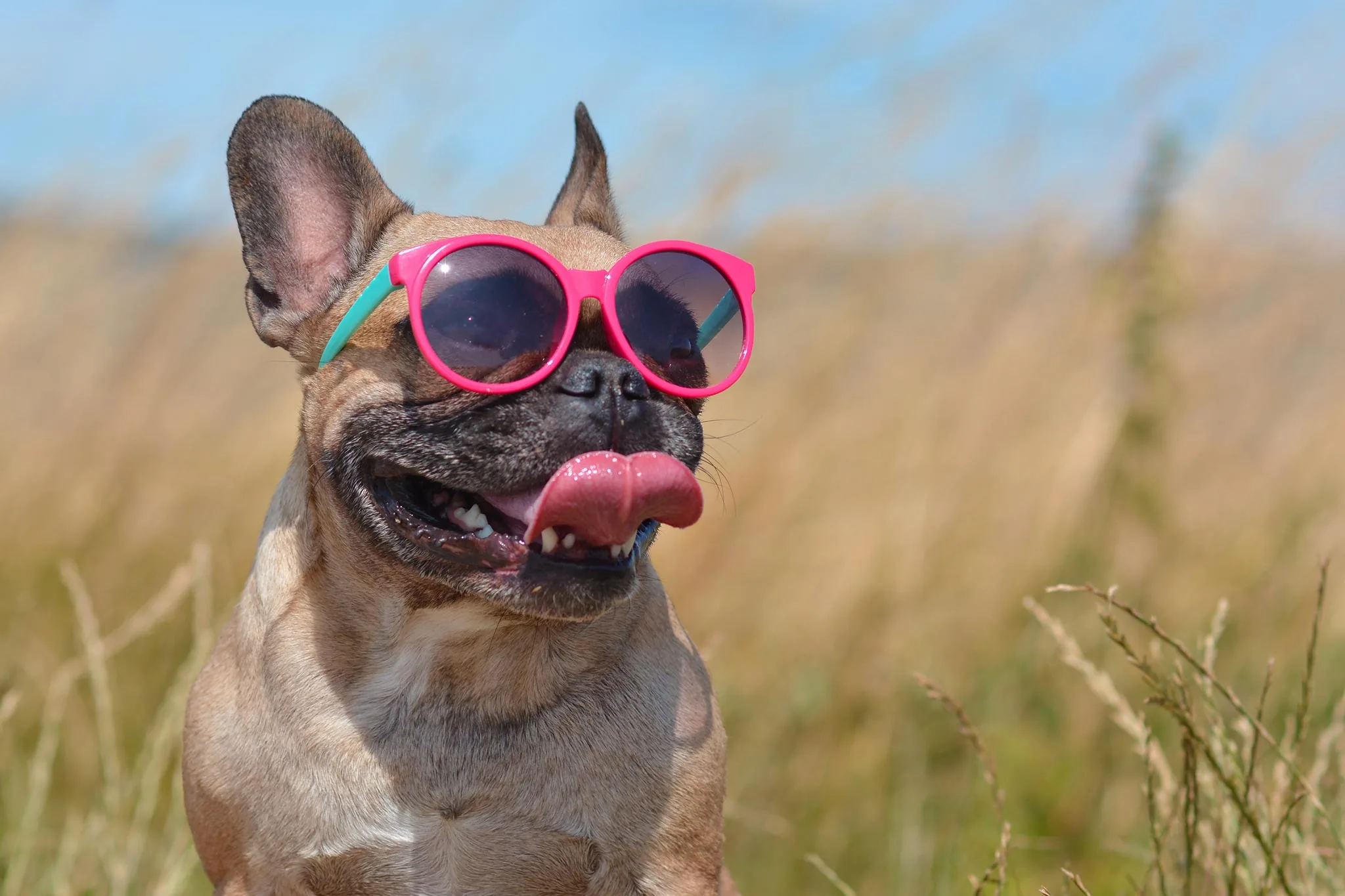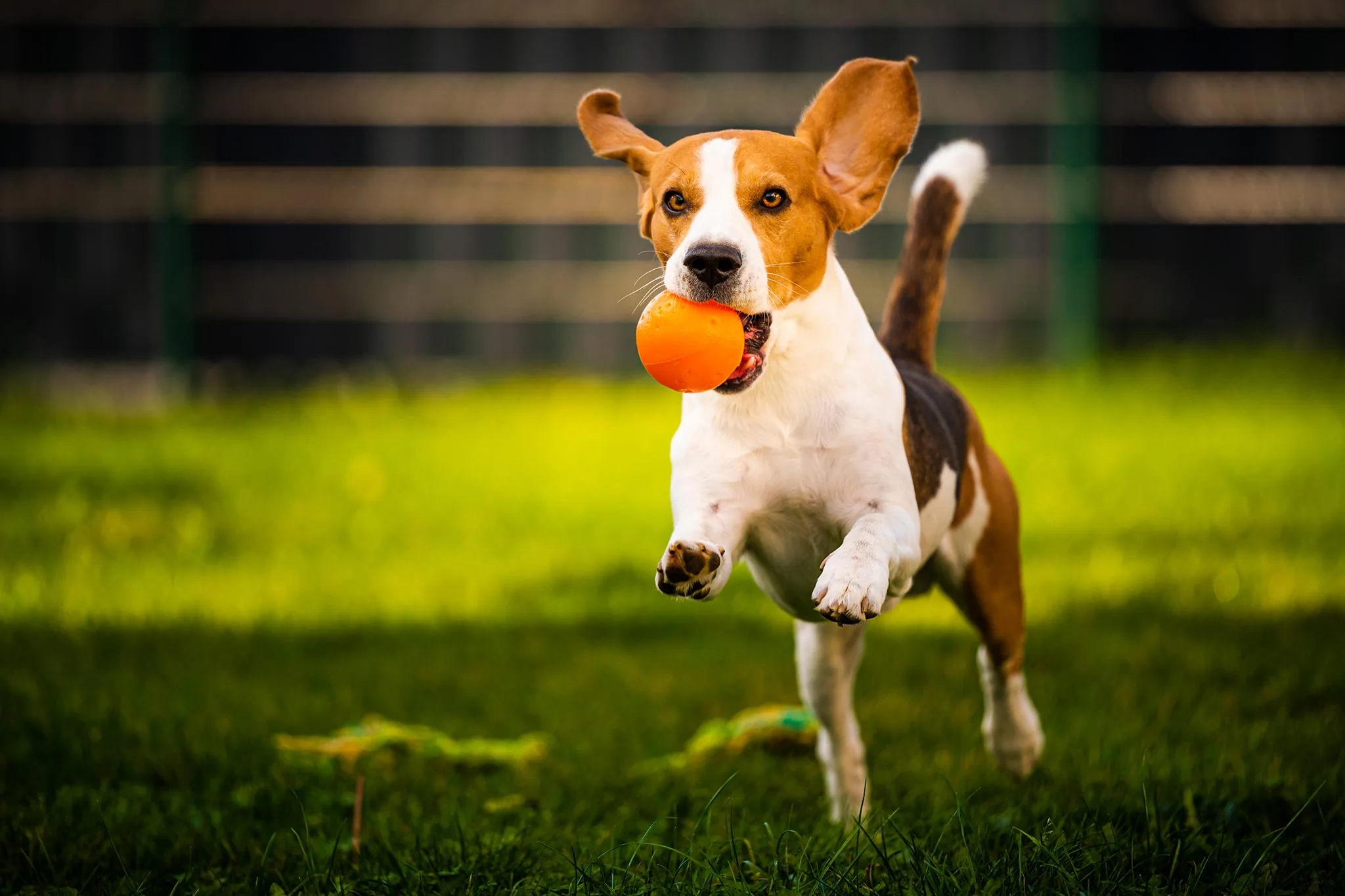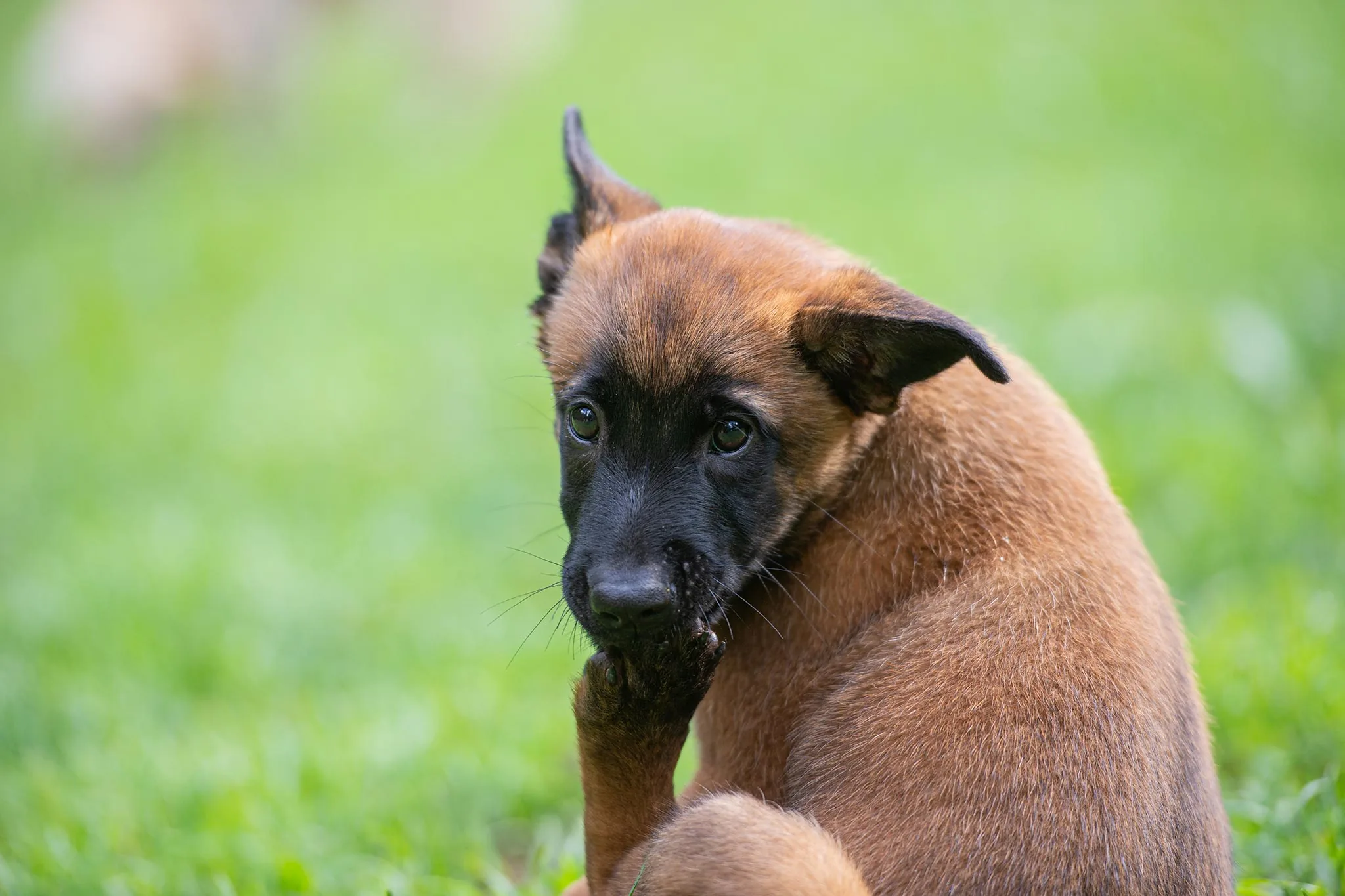
Christmas Foods Your Pet Should Avoid
As the holiday season approaches, it’s essential for pet owners to be aware of the festive foods that can pose risks to their pets. While we all enjoy indulging in delicious Christmas treats, some of these can be harmful, or even toxic, to our animal companions. This guide, brought to you by Back Bay Veterinary Clinic in Boston, MA, aims to provide crucial information to help you keep your pets safe and healthy during the holidays.
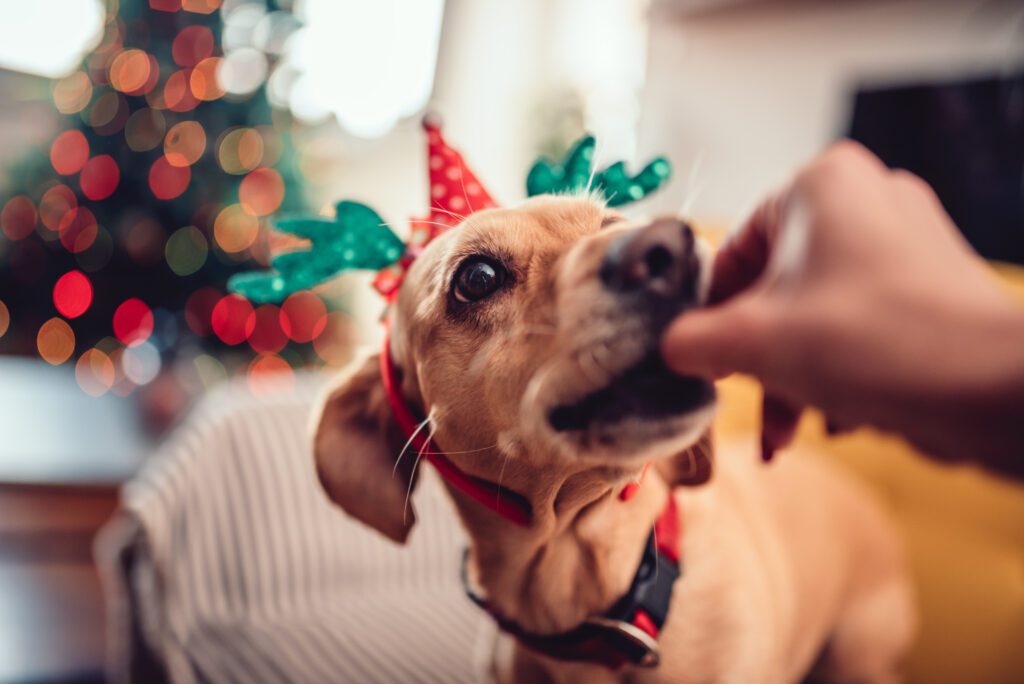
Hazardous Holiday Foods for Pets
Below are some of the most notoriously harmful holiday foods for pets. Make sure you keep them well out of your pet’s reach!
Chocolate and Caffeine: A Toxic Temptation
Chocolate is a well-known no-no for dogs and cats. It contains theobromine and caffeine, substances that dogs cannot metabolize effectively. Dark and baking chocolates are particularly dangerous due to higher theobromine levels. Symptoms of chocolate poisoning include vomiting, diarrhea, rapid breathing, and seizures.
Xylitol: The Hidden Danger in Sweets
Found in sugar-free candies, gum, and some baked goods, xylitol can cause insulin release in pets, leading to hypoglycemia (low blood sugar). Symptoms include vomiting, lethargy, loss of coordination, and in severe cases, seizures.
Grapes and Raisins: Small but Deadly
These fruits, common in many Christmas dishes, can cause kidney failure in dogs and cats. The toxic substance in grapes and raisins is unknown, but ingestion can lead to vomiting, lethargy, kidney damage, and potentially death.
Alcohol: Not for Festive Furry Friends
Alcohol can be toxic to dogs and cats, causing vomiting, diarrhea, difficulty breathing, tremors, coma, and even death. Remember, this includes foods cooked with alcohol too.
Onions and Garlic: A Pungent Peril
These common ingredients, cooked or raw, can destroy a pet’s red blood cells, leading to anemia. Symptoms may not appear immediately but can include weakness, vomiting, and breathing problems.
Recognizing Signs of Choking and Food Toxicity in Dogs
It isn’t always easy to tell when a pet is in distress. Here are some signs your pet may have ingested a toxic food or choking hazard.
Symptoms of Choking: Immediate Action Required
A choking dog may paw at its mouth, have difficulty breathing, or make choking sounds. They might also panic or collapse. If you suspect your dog is choking, it’s vital to seek immediate veterinary care.
Clinical Signs of Food Toxicity
Food toxicity symptoms vary based on the consumed substance but generally include vomiting, diarrhea, lethargy, and abnormal behavior. In severe cases, seizures or loss of consciousness can occur.
Making Your Kitchen and Dining Room Pet-Safe
The most effective way to prevent food toxicity or choking in your pet is to maintain a safe, tidy space. This includes the following steps:
- Ensure your trash can is securely closed or kept in a locked cabinet. Pets are often tempted by the smells of discarded food, which can contain toxic items.
- Consider using baby gates or keeping your dog or cat in a separate room during meal prep and dining times. This reduces the risk of them snatching harmful foods.
- Make sure all family members, especially children, understand the importance of not feeding the dog or cat table scraps.
Pet-Friendly Christmas Treats
When it comes to treating your pet during the holiday season, it’s crucial to choose safe and healthy options. While sharing food with your furry companion can be a way to show love, remember that many of our favorite dishes contain ingredients that can be harmful to dogs and cats. Here’s what you can safely share:
Veggies and Fruits
Offering your pet some plain vegetables can be a great way to include them in the festive feasting. Carrots, green beans, sweet or russet potatoes, and apples (without seeds) are excellent choices. However, it’s important to remember to serve these veggies completely plain. Vegetables that are cooked with butter, onions, garlic, or spices can be harmful to your pet. Stick to raw or steamed veggies with no added seasonings for a safe, crunchy treat.
Lean Meats: A Protein-Rich Option
Pets can enjoy plain, fully-cooked meats like turkey or chicken. However, it’s essential to ensure that these meats are unseasoned and free from bones and excess fat. Foods covered in butter, seasonings, garlic, or onions can make your pet sick. Serving your dog or cat a small portion of plain, cooked meat can be a delightful treat for them, but always avoid any seasoned or spiced meats.
Reminder: Moderation is Key
While these treats are safe for dogs and cats, they should be given in moderation as part of a balanced diet. Treats (including table scraps) should not constitute more than 10% of your pet’s daily caloric intake.
Contact Us for More Nutritional Advice
This Christmas, while enjoying the festivities, remember to keep your pet’s health in mind. If you suspect your dog or cat has ingested something harmful or is displaying concerning symptoms, don’t hesitate to contact Back Bay Veterinary Clinic at (617) 245-2710 for guidance and support. Have a safe and merry holiday with your beloved pet!


